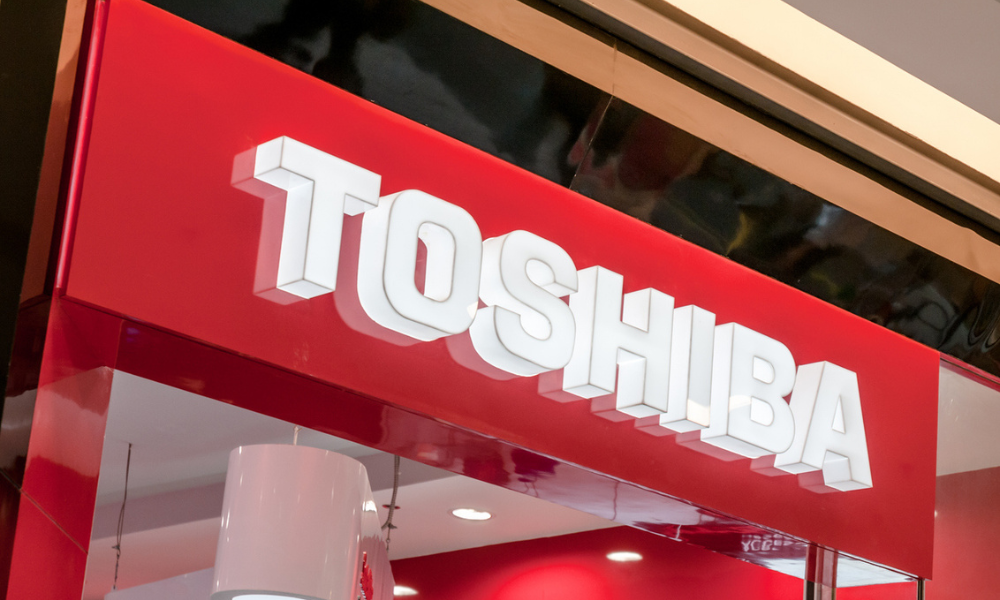One expert says there are four major challenges HR practitioners have to be ready for before they embark on a transformation
Much has been said about the need for HR to be more of a strategic business partner and for HR practitioners to take a more active role in achieving business objectives.
However, the question is how ready is your organisation for an HR transformation?
It’s important to note that HR transformation does in the first place not refer to the transformation of the HR function itself, said Stephan Amling, SVP, SAP SuccessFactors APJ & Greater China.
“HR transformation is a workforce-related capability transformation which is affecting the whole organisation,” he said.
“Managers are leading people while HR is setting the guidelines, the policies, the frameworks and the processes and providing the systems to do so, but it’s really affecting the whole organisation regarding its people-related capabilities.”
“The evolution of the HR function is more of a supporting component of an HR transformation, but not the end in itself.”
Given that understanding of the transformation, Amling said there are four major challenges organisations should be prepared to face when they embark on an HR transformation journey.
1) Accountability from the business side. At the end of the day, the business needs to accept the responsibility and accountability for the transformation outcomes, even though it is initiated by the HR function;
2) HR’s reputation as a transactional function. HR needs to be the driver of the transformation but its reputation may cause some executives to doubt HR’s competence in handling a large-scale and often complex journey;
3) Inability to articulate end goals. Executives and employees would wish to know the reasons why there is a need for change, and often HR has the difficulty to articulate that and achieve alignment in the rest of the organisation; and
4) Lack of someone to lead. An ‘HR enterprise architect’ is the best person to lead such a change process but these profiles rarely exist within the HR function.
“HR transformation can be something very big and that requires people who can manage a complex process and a complex scope,” he said.
“’HR enterprise architects’ understand the ‘HR business architecture’ as well as the ‘HR solution architecture’. They are the ‘architects’ of the change both in terms of what is the end state – where we want to come to as an organisation – and secondly, how to get there, and can articulate the business value of undertaking the pain of change.”
But they cannot do the transformation alone; Amling said executive stakeholders and a ‘transformation program manager’ are just as vital to the process.
“The stakeholders are the people who will provide the guidance, the backing, and the support when the going gets tough; the ‘transformation program manager’ needs to be able to manage a multi-release, multi-project, multi-year, multi-country type of program in a complex political environment” he added.
Furthermore, he said that the “technology enabler of business change nowadays normally comes from the cloud and those cloud-based solutions require a different approach to business change”.
Instead of aiming for 110% perfection, go by the 80-20 rule, he said.
“The HR business needs to involve the IT side of the house very early in order to learn what is the standard [and] be able to accept that there could be a simpler way that works for the majority of everybody else,” he said.
The 80% is good enough to start and then do the 20% as you go on the fly, he said.
“An HR transformation has three components: the people strategy, the functional HR strategy, and the HR IS architecture; defining and implementing them under an HR transformation serves only one purpose – to achieve the overall company strategic objectives” he said.
Stephan Amling is set to speak at the upcoming SuccessConnect Singapore conference on 15 November where he will further share his perspectives on strategies for success.
Related stories:
Embracing the digital transformation in Asia
Firm aims to get more women in tech
“The future of HR is no HR”
However, the question is how ready is your organisation for an HR transformation?
It’s important to note that HR transformation does in the first place not refer to the transformation of the HR function itself, said Stephan Amling, SVP, SAP SuccessFactors APJ & Greater China.
“HR transformation is a workforce-related capability transformation which is affecting the whole organisation,” he said.
“Managers are leading people while HR is setting the guidelines, the policies, the frameworks and the processes and providing the systems to do so, but it’s really affecting the whole organisation regarding its people-related capabilities.”
“The evolution of the HR function is more of a supporting component of an HR transformation, but not the end in itself.”
Given that understanding of the transformation, Amling said there are four major challenges organisations should be prepared to face when they embark on an HR transformation journey.
1) Accountability from the business side. At the end of the day, the business needs to accept the responsibility and accountability for the transformation outcomes, even though it is initiated by the HR function;
2) HR’s reputation as a transactional function. HR needs to be the driver of the transformation but its reputation may cause some executives to doubt HR’s competence in handling a large-scale and often complex journey;
3) Inability to articulate end goals. Executives and employees would wish to know the reasons why there is a need for change, and often HR has the difficulty to articulate that and achieve alignment in the rest of the organisation; and
4) Lack of someone to lead. An ‘HR enterprise architect’ is the best person to lead such a change process but these profiles rarely exist within the HR function.
“HR transformation can be something very big and that requires people who can manage a complex process and a complex scope,” he said.
“’HR enterprise architects’ understand the ‘HR business architecture’ as well as the ‘HR solution architecture’. They are the ‘architects’ of the change both in terms of what is the end state – where we want to come to as an organisation – and secondly, how to get there, and can articulate the business value of undertaking the pain of change.”
But they cannot do the transformation alone; Amling said executive stakeholders and a ‘transformation program manager’ are just as vital to the process.
“The stakeholders are the people who will provide the guidance, the backing, and the support when the going gets tough; the ‘transformation program manager’ needs to be able to manage a multi-release, multi-project, multi-year, multi-country type of program in a complex political environment” he added.
Furthermore, he said that the “technology enabler of business change nowadays normally comes from the cloud and those cloud-based solutions require a different approach to business change”.
Instead of aiming for 110% perfection, go by the 80-20 rule, he said.
“The HR business needs to involve the IT side of the house very early in order to learn what is the standard [and] be able to accept that there could be a simpler way that works for the majority of everybody else,” he said.
The 80% is good enough to start and then do the 20% as you go on the fly, he said.
“An HR transformation has three components: the people strategy, the functional HR strategy, and the HR IS architecture; defining and implementing them under an HR transformation serves only one purpose – to achieve the overall company strategic objectives” he said.
Stephan Amling is set to speak at the upcoming SuccessConnect Singapore conference on 15 November where he will further share his perspectives on strategies for success.
Related stories:
Embracing the digital transformation in Asia
Firm aims to get more women in tech
“The future of HR is no HR”





